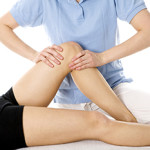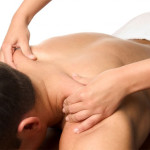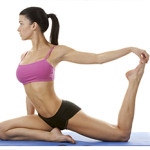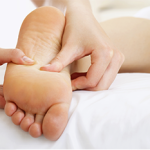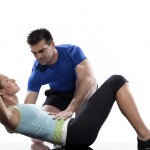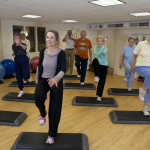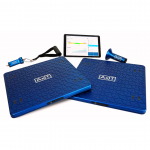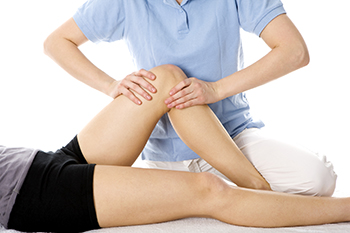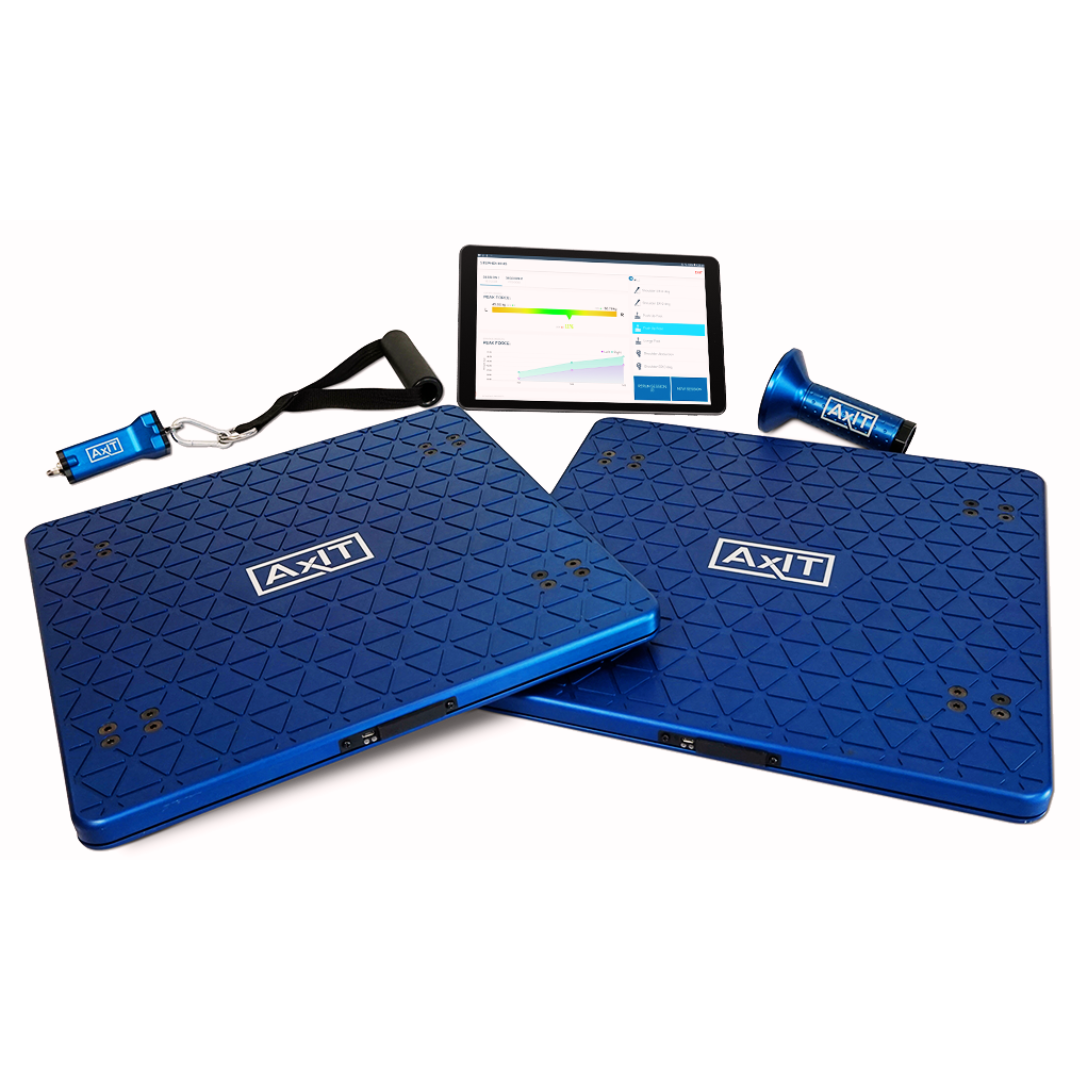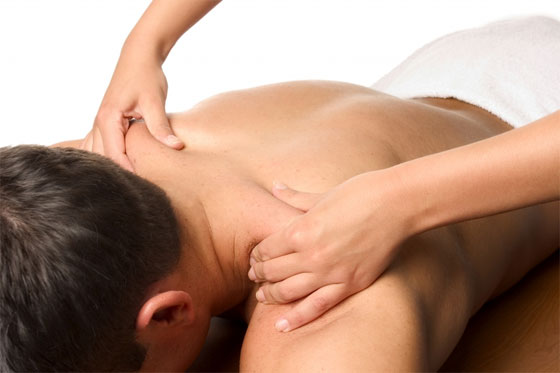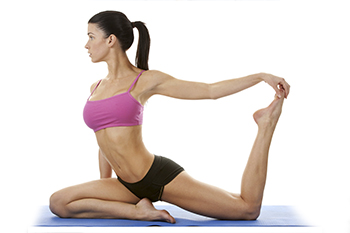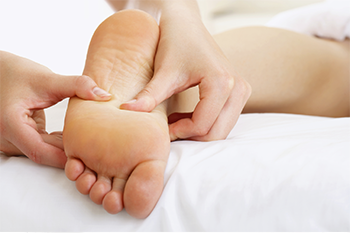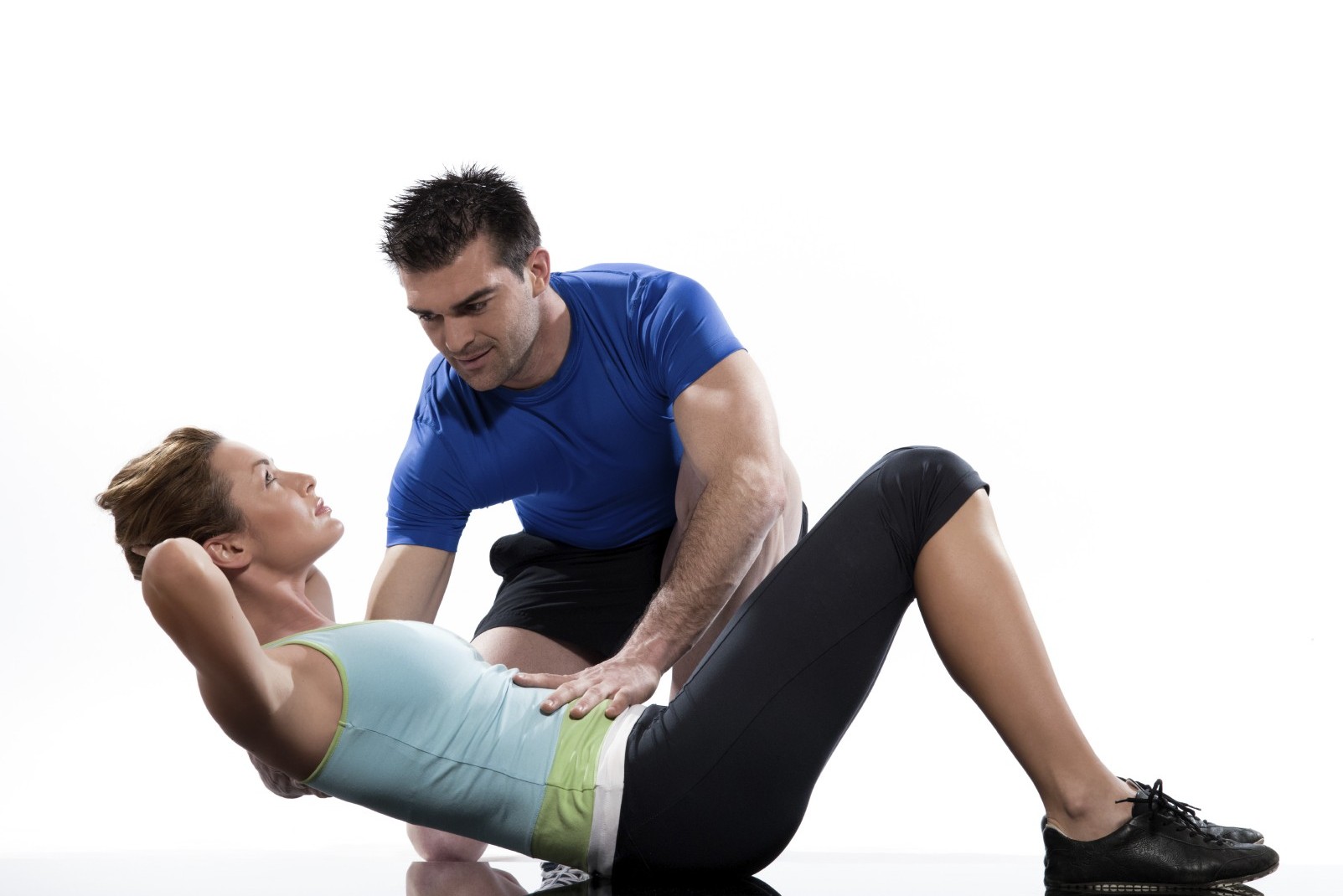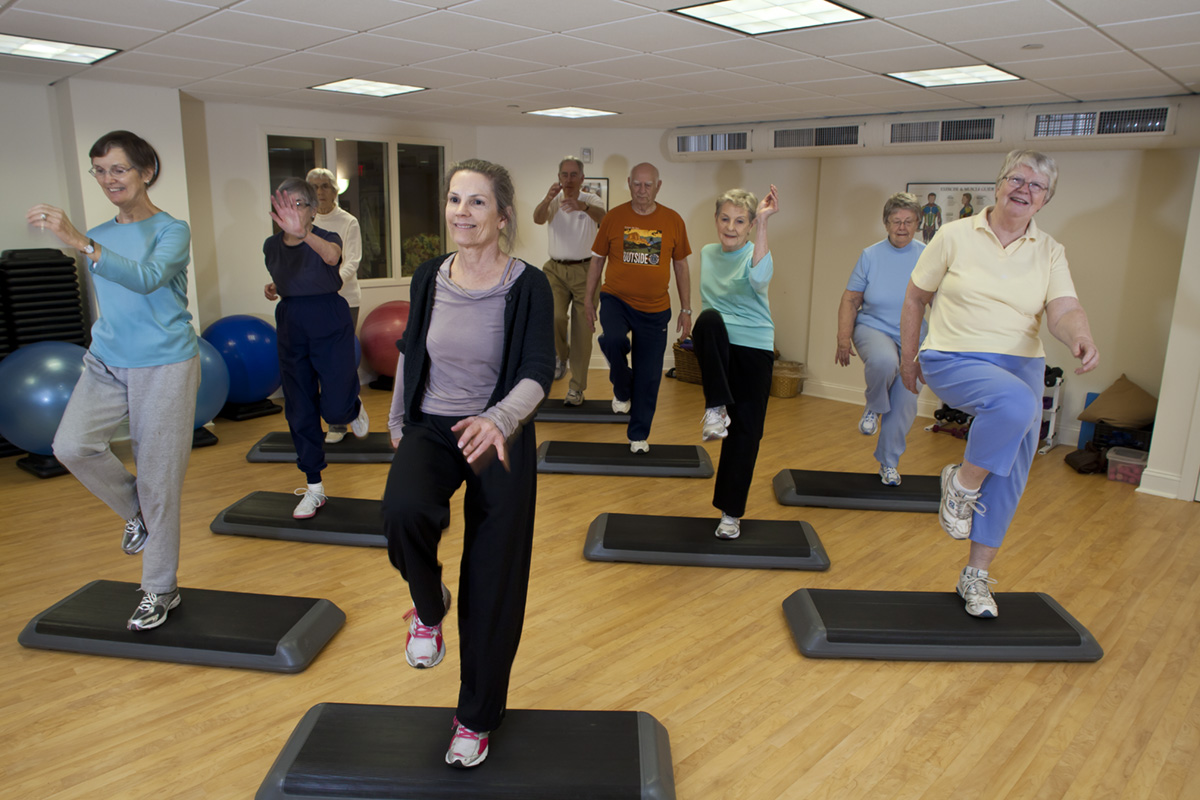
Services
We offer a range of programs and services conducted by professional and friendly practitioners.
Physiotherapy
Our primary objective of physiotherapy is to promote optimum health and well-being.
Physiotherapy helps prevent, identify, correct and alleviate movement dysfunction. Specifically aimed at:
- Relieving pain caused by surgery or medical problems,
- Preventing and managing pain from physical impairments,
- Improving muscle strength and mobility,
- Improving basic functions such as standing, walking, and grasping, and
- Promoting independently maintained healthy physical lifestyles.
At LifeStrong we focus first and foremost on resolving pain and stabilising injuries. Then to restoring strength, movement and function as much as possible. With the ultimate goal being to enable you to manage their own physical well-being independently.
We do this by starting with a thorough diagnostic assessment, and then guide you from the recovery, and maintenance right through to prevention phase. Ensuring to always take your individual lifestyle and preferences into consideration.
AXIT Whole Body Strength Assessment
At our physiotherapy clinic, we offer a specialized service for measuring and assessing body strength using the advanced “Axit” system. This system combines digital push and pull dynamometers with force plates to provide precise and objective data on muscle strength and functional performance. The dynamometers measure the force exerted during specific movements, while the force plates assess the distribution and balance of force during standing or dynamic activities. This comprehensive evaluation helps us identify weaknesses, imbalances, or areas of concern, enabling us to create tailored rehabilitation and strength training programs for optimal recovery and performance.
Massage
Our massages are performed by a trained Physiotherapist – the benefit being an in-depth knowledge of anatomy and biomechanics.
This can mean a more educated and focused massage, targeting areas that are causing tension or discomfort.
Massage can be performed to relieve stress, tension, pain and improve mobility for all ages.
We are also able to offer pregnancy massage, utilising a special pregnancy pillow that allows room for the client to lie on their stomach.
Clinical Pilates
Clinical Pilates is a form of physical exercise that focuses on posture, core stability, balance, control, strength, flexibility, and breathing. It is often used in conjunction with physiotherapy as a means of treating a variety of injuries, particularly those of the neck and back.
Based on literature that demonstrates strong evidence to support the use of therapeutic exercise in the management of patients with injuries, particularly low back pain. Clinical Pilates focuses on the retraining and recruitment of these stabilising muscles (core stability) as well as improving posture, strength and flexibility.
Benefits of clinical Pilates include:
- Improved posture and core stability
- Increased muscular strength and flexibility
- Prevention of injuries
- Aiding rehabilitation
- Restoration of normal movement patterns
- Enhanced breathing control
- Increased co-ordination and muscular control
- Firmer and flatter stomach muscles
- Improved overall body tone and fitness
- Improved balance
There are 6 basic Pilates principles that need to be applied to all Pilates exercises to ensure maximum benefit.
1. Concentration
Focus on correct performance of each Pilates exercise and the specific muscles involved.
2. Centering
Focus on achieving neutral spine and activating the core stabilising muscles support the lower back and pelvis.
3. Control
Maintain optimal posture and control with all movements.
4. Flowing Movement
Work smoothly and efficiently with all movements.
5. Precision
Perform each Pilates exercise with attention to detail to ensure correct technique.
6. Breathing
Maintain relaxed, normal breathing throughout all Pilates exercises. Do not hold your breath.
Podiatry
Podiatry is the health professional that deals with the prevention, diagnosis, treatment and rehabilitation of medical and surgical conditions of the feet and lower limbs.
Podiatry treatment includes those resulting from bone and joint disorders such as arthritis and soft-tissue and muscular pathologies as well as neurological and circulatory diseases.
Podiatrists are able to diagnose and treat any complications of the above which affect the lower limb, including skin and nail disorders, corns, calluses and ingrown toenails. Foot injuries and infections gained through sport or other activities are also diagnosed and treated by podiatrists.
Women’s, Men’s & Pelvic Health Physiotherapy
This is a specialised area of Physiotherapy involved with helping both women and men of all ages take control of their continence, pelvic and lower back pain as well as working with women before, during and after pregnancy to achieve their health goals.
Utilising Real-Time Ultrasound, our ‘WMPH’ Physiotherapist Ariana Axarlis provides a safe environment for clients experiencing any of these challenges to be assessed and formulate a management plan.
Vestibular Physiotherapy
Vestibular rehabilitation is an exercise-based program aimed at promoting central nervous system compensation or calibration for inner ear disorders.
Vestibular Physiotherapy can help with a variety of conditions, including BPPV (Benign Paroxysmal Positional Vertigo) and unilateral or bilateral deficits in vestibular function associated with Meniere’s disease, labyrinthitis and vestibular neuritis amongst other inner ear conditions.
Make an appointment today to find out if this may be of benefit for your balance/dizziness condition.


